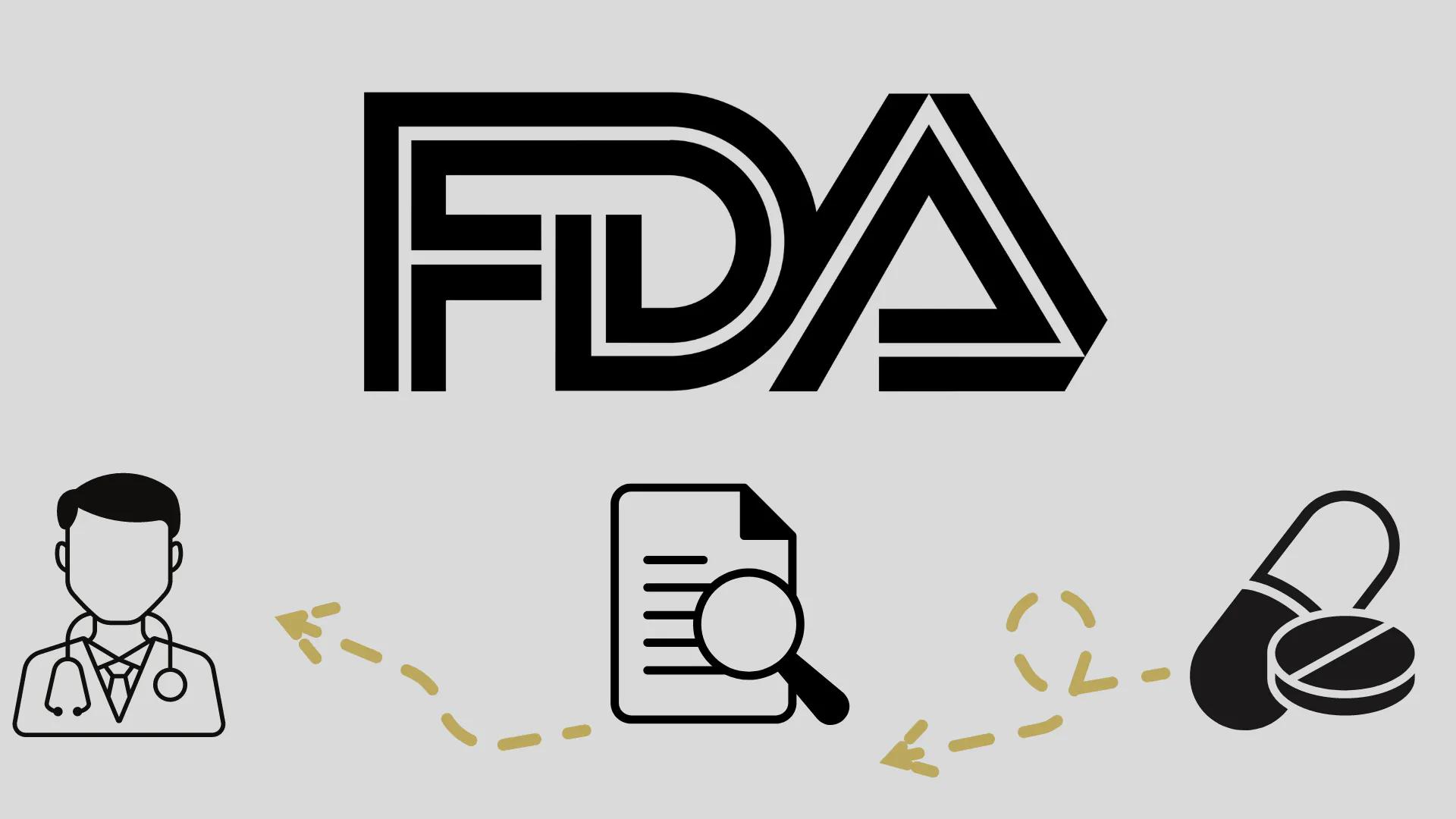
FDA Approves Niraparib Plus Abiraterone Acetate and Prednisone for BRCA+ mCRPC

Results from the phase 3 MAGNITUDE study have led to a quick FDA decision on the future of a dual action tablet for the treatment of patients with BRCA-positive metastatic castration-resistant prostate cancer.
- News of this FDA approval marks the first ever dual action tablet to be approved for the treatment of BRCA-positive metastatic castration-resistant prostate cancer (mCRPC).
- The development for the dual action tablet resulted from a partnership between Janssen Pharmaceuticals and TESARO, Inc, a subsidiary of GlaxoSmithKline.
- The FDA recommended starting dose of the combiantion is 200 mg for niraparib and 1,000 mg for abiraterone acetate.
The FDA has granted approval to the combination of niraparib and abiraterone acetate tablets (Akeega) with prednisone for the treatment of adult patients with deleterious or suspected deleterious BRCA-positive mCRPC, as detected by an FDA-approved test.1
Approval was granted based on results from the phase 3 MAGNITUDE study (NCT03748641), which investigated that newly-approved combination in patients with 765 patients with metastatic prostate cancer. Treatment with the niraparib plus abiraterone acetate combination and prednisone achieved a 47% reduction in the risk of radiographic disease progression or death in the overall population of patients in comparison with a placebo combination, (HR, 0.53; P =.0001). At a median duration of follow-up of 24.8 months for patients with BRCA-positive disease, the median r progression-free survival of 19.5 months compared with 10.9 months with placebo and abiraterone acetate/prednisone (HR, 0.55; 95% CI, 0.39-0.78).
“As a physician, identifying patients with a worse prognosis is a priority, especially those whose cancers have a BRCA mutation," said Kim Chi, MD, a medical oncologist at BC Cancer – Vancouver and the principal investigator of MAGNITUDE, in a press release. "We prospectively designed the MAGNITUDE study to identify the subset of patients most likely to benefit from targeted treatment with Akeega and to help us understand how we can potentially achieve better health outcomes for patients."
The time to symptomatic progress, a secondary end point, was better with niraparib/abiraterone acetate and prednisone compare with the control (HR, 0.54 [95 percent CI, 0.35-0.85]), as was the and time to initiation of cytotoxic chemotherapy (HR, 0.56; 95% CI, 0.35-0.90). In addition, an overall survival benefit was shown with niraparib/abiraterone acetate and prednisone compared with the control (HR, 0.88; 95% CI, 0.58-1.34).
Safety findings showed that in the BRCA-positive population, 41% of patients experienced adverse events (AEs). The most common AEs in the experimental arm vs the control arm were musculoskeletal pain (44% v 42%, respectively), fatigue (43% v 30%), constipation (34% v 20%), hypertension (33% v 27%) and nausea (33% v 21%). Some patients permanently discontinued the experimental combination due to AEs (15%). Overall, the safety profile of the combination was consistent with each drug alone.
"Janssen's legacy of advancing the science of prostate cancer has contributed to the evolution of transformational treatment approaches for more than a decade," said Kiran Patel, MD, vice president, Clinical Development, Solid Tumors, Janssen Research & Development, LLC, in the press release. "This milestone, which marks the approval of Janssen's third prostate cancer treatment, highlights the importance of advancing precision medicine approaches and genetic testing for the treatment of patients with BRCA-positive mCRPC."
REFERENCE:
U.S. FDA approves Akeega™ (niraparib and abiraterone acetate), the first-and-only dual action tablet for the treatment of patients with BRCA-positive metastatic castration-resistant prostate cancer. News release. August 11, 2023. Accessed August 11, 2023.



















